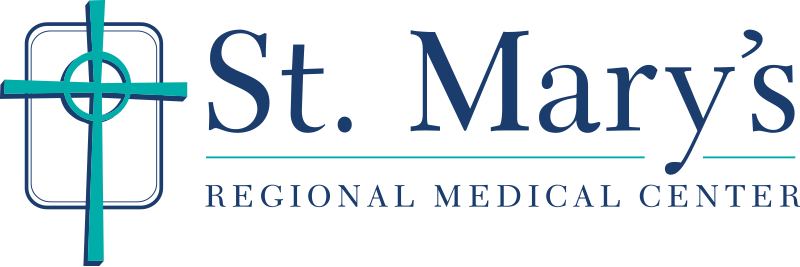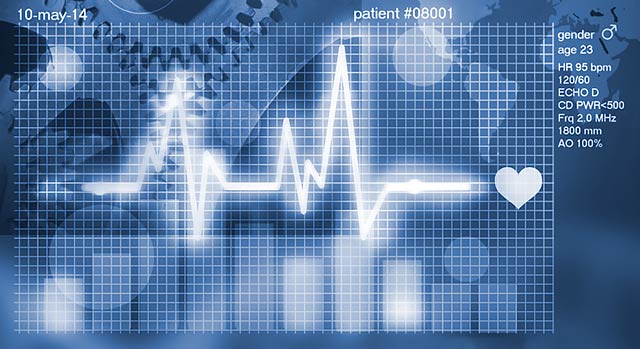Alerting Care Teams from the Field
The Lifenet® System is a web-based data network that enables paramedics in the field to communicate with St. Mary’s Regional Medical Center to help improve heart attack outcomes while patients are on their way to the hospital's Emergency Department (ED).
Using a cloud-based system, paramedics alert the St. Mary's Regional Medical Center care teams and provide them with critical patient data so they can quickly identify patients who are having a dangerous type of heart attack known as STEMI (ST-segment elevation myocardial infarction). This enables doctors to determine the best care protocols and have staff prepared before the patient arrives.
Reducing Time to Treatment
St. Mary’s Regional Medical Center uses the Lifenet® System to help reduce time to treatment, known as door-to-balloon time (D2B), for patients in the Enid area who experience STEMI, which poses a serious threat to the heart muscle and can result in death or serious disability for the patient. The more quickly patients receive treatment, which may include balloon angioplasty and stent placement in the cardiac catheterization (cath) lab, the more likely they are to have a positive outcome. D2B time refers to the interval from the time a patient arrives at the hospital to the inflation of the balloon catheter within his or her blocked artery. The shorter the D2B time, the greater the chance of survival.
Transmitting the EKG Before Arrival
Emergency Medical Service crews in the field use a cardiac monitor/defibrillator to obtain a 12-lead EKG (electrocardiogram). The EKG report is then securely transmitted over the internet. Hospital teams are alerted to the incoming information, and are able to view the patient data and share it with other care teams. The ease of communication throughout the care team helps save critical time, which is especially important when catheterization (cath) lab activation is indicated. The cath lab is a room in a hospital that has diagnostic imaging equipment that is used to both visualize the heart and treat any blockages found.
Heart Attack Signs
If you believe you are having a heart attack, call 9-1-1 immediately. Do not drive yourself to the hospital. Following are possible signs of a heart attack in men and women:
- Chest pressure, squeezing or discomfort
- Pain that travels down one or both arms
- Jaw pain
- Nausea
- Fatigue
- Anxiety
- Back pain
- Shortness of breath
- Feeling of fullness
- Mild chest symptoms (pressure, burning, aching, tightness) that come and go.

